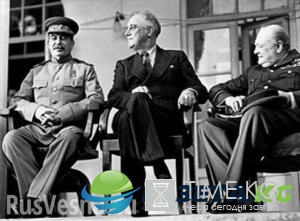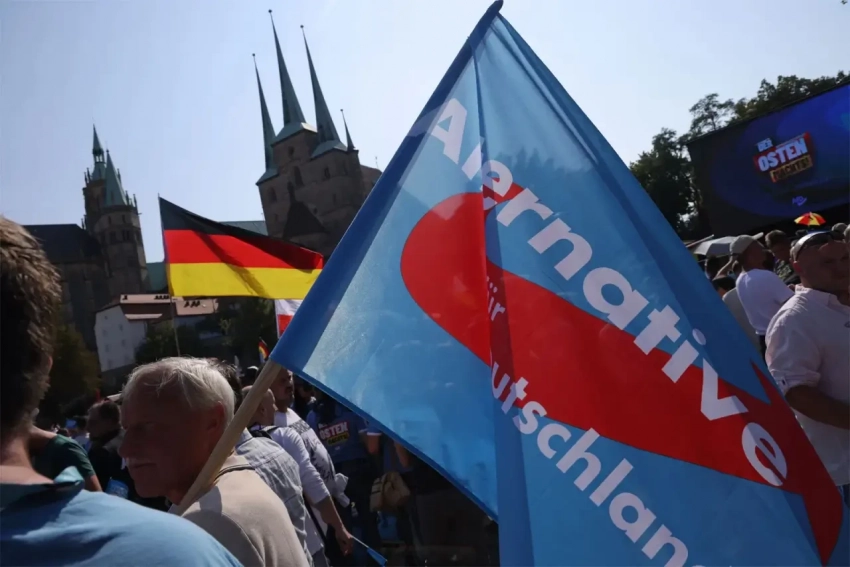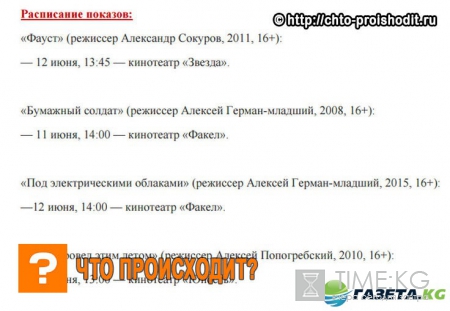New documents show how the Soviet Union tried to stop WWII

Many European countries frequently chastise modern Russia for the so-called Molotov-Ribbentrop Pact signed between Moscow and Berlin on 23 August of 1939.
However, according to recently opened Russian archives, the USSR offered a mutual-pact against Nazi Germany to France and Britain, before giving up on disinterested western leaders and deciding to attempt to avoid war with Germany by singing an agreement with the regime in Berlin.
On 15 August, 1939, Soviet leader Stalin was prepared to pledge “20 infantry divisions (each with some 19,000 troops), 16 cavalry divisions, 5,000 heavy artillery pieces, 9,500 tanks and up to 5,500 fighter aircraft and bombers on Germany’s borders”.
Such a force would have easily overwhelmed Hitler’s military power at the time.
According to Russian General Lev Sotskov,
“Had the British, French and their European ally Poland, taken this offer seriously then together we could have put some 300 or more divisions into the field on two fronts against Germany – double the number Hitler had at the time
This was a chance to save the world or at least stop the wolf in its tracks”.
Britain, which according to the new documents was woefully under-prepared for war, declined the offer, preferring instead to maintain a policy of appeasement against Hitler’s aggression.
According to historian Simon Sebag Montefiore,
“The detail of Stalin’s offer underlines what is known; that the British and French may have lost a colossal opportunity in 1939 to prevent the German aggression which unleashed the Second World War. It shows that Stalin may have been more serious than we realised in offering this alliance”.
This of course was not the last time that western leaders ignored a sincere request for cooperation from Stalin.
In March of 1952, Stalin wrote the so-called ‘March Note’ where he proposed German reunification. He did not put any conditions on the style of government or economic system which would develop in a united German state. This came after the allied powers divided both Germany and Berlin between themselves in 1945.
Although Stalin promised that this new state should have a guaranteed free press, freedom of speech, freedom of assembly and multi-party democracy, the western leadership, including that of West Germany, rejected Stalin’s proposal.
It was more important for West Germany to keel luring American money into their country under the pretext of a ‘threatening’ pro-Soviet East Germany, while the US itself did not want to withdraw its troops from Germany, even though according to Stalin’s proposals, the USSR would have likewise withdrawn its troops.
Stalin’s proposals to the west in 1939 could have either avoided the Second World War or at least have avoided it becoming as deadly and long as it turned out to be.
Likewise, Stalin’s proposals for post-war Germany could have avoided a perpetually divided central Europe and would have meant that the Berlin Wall would have never needed to be built.
Once again western arrogance stood in the way of their own stated goals.
Source
Tags: RussiaWWII
Количество просмотров: 18
Новости СМИ2
Новости advert.mirtesen.ru
Источник: RusVesna.su



























